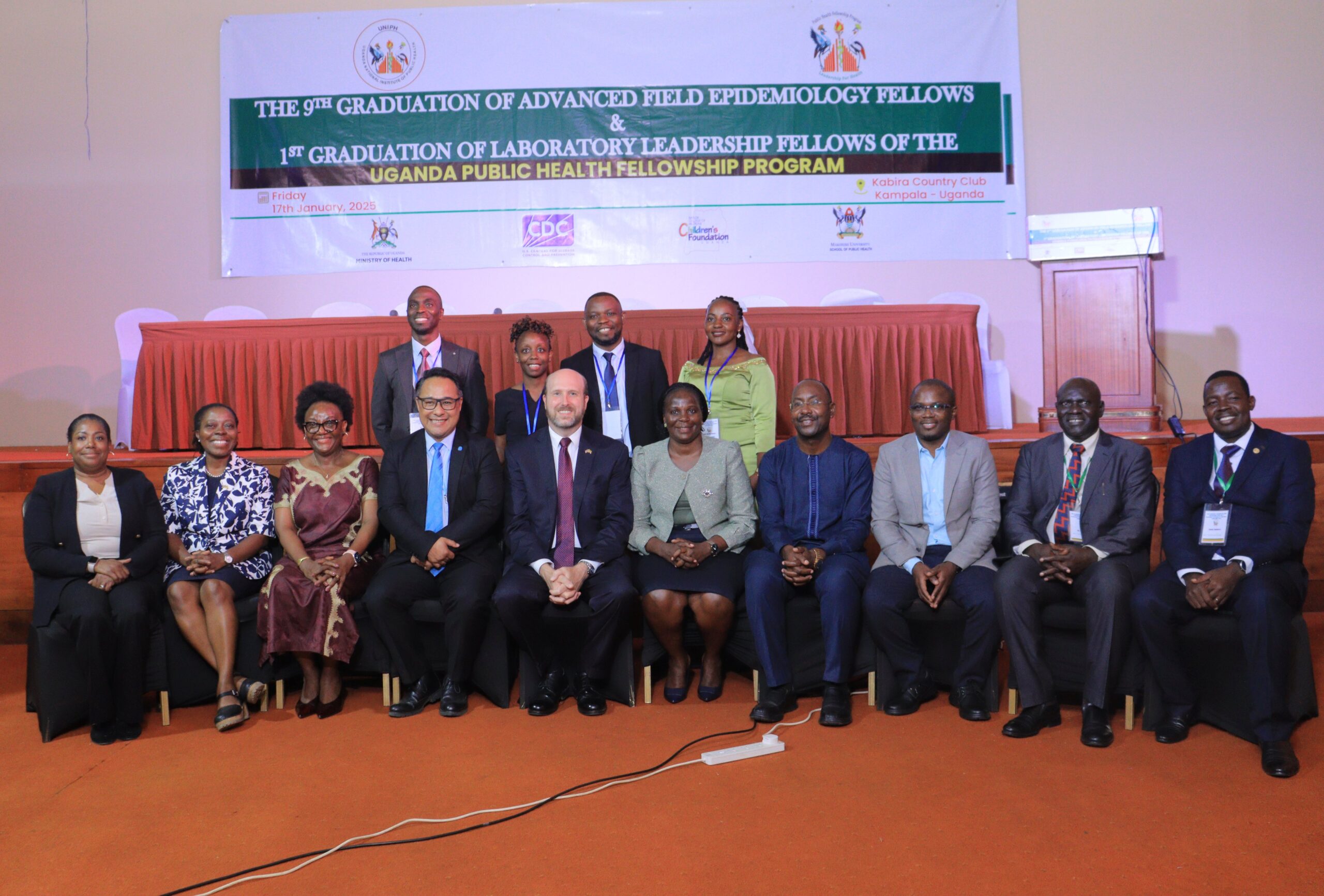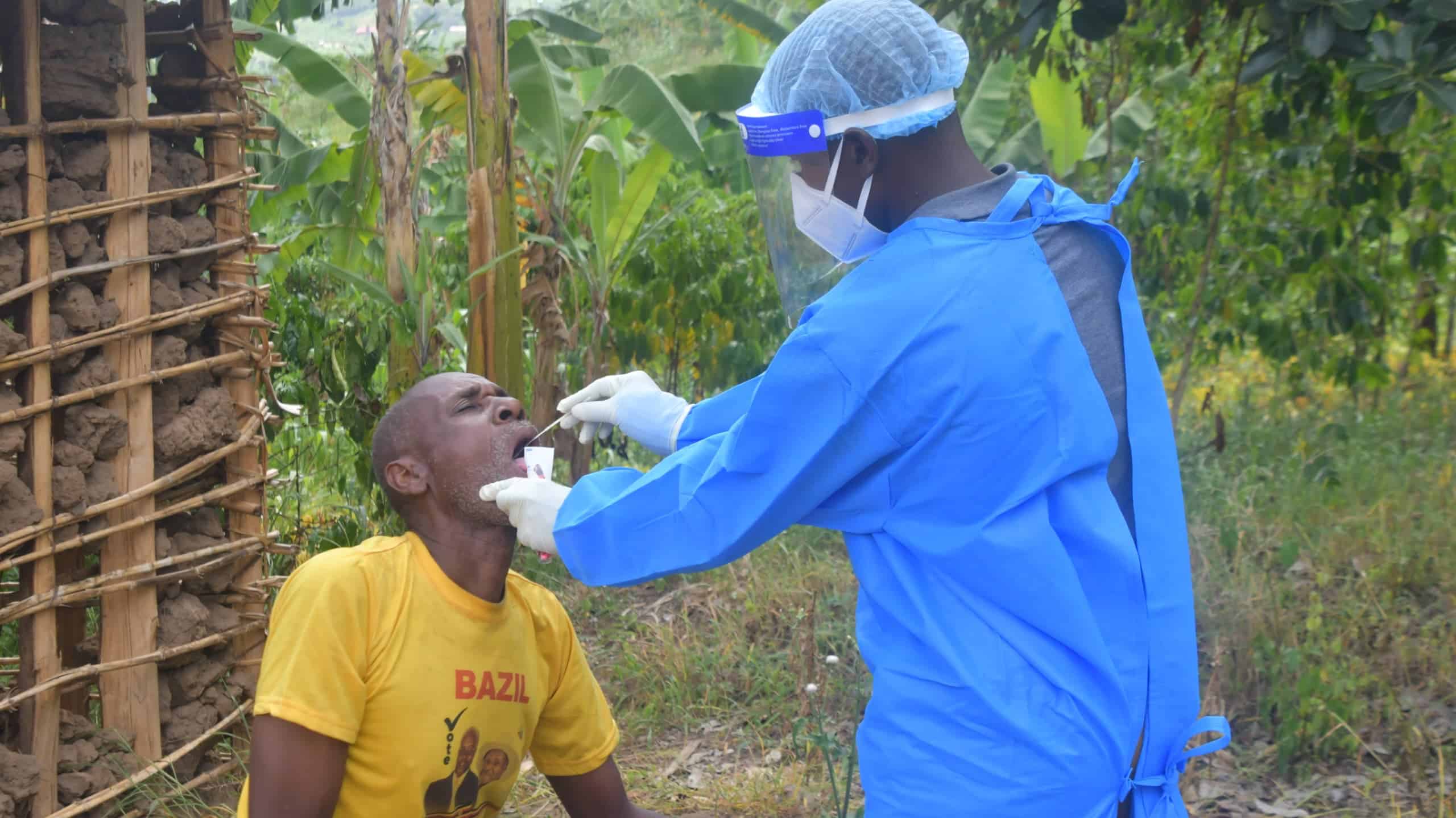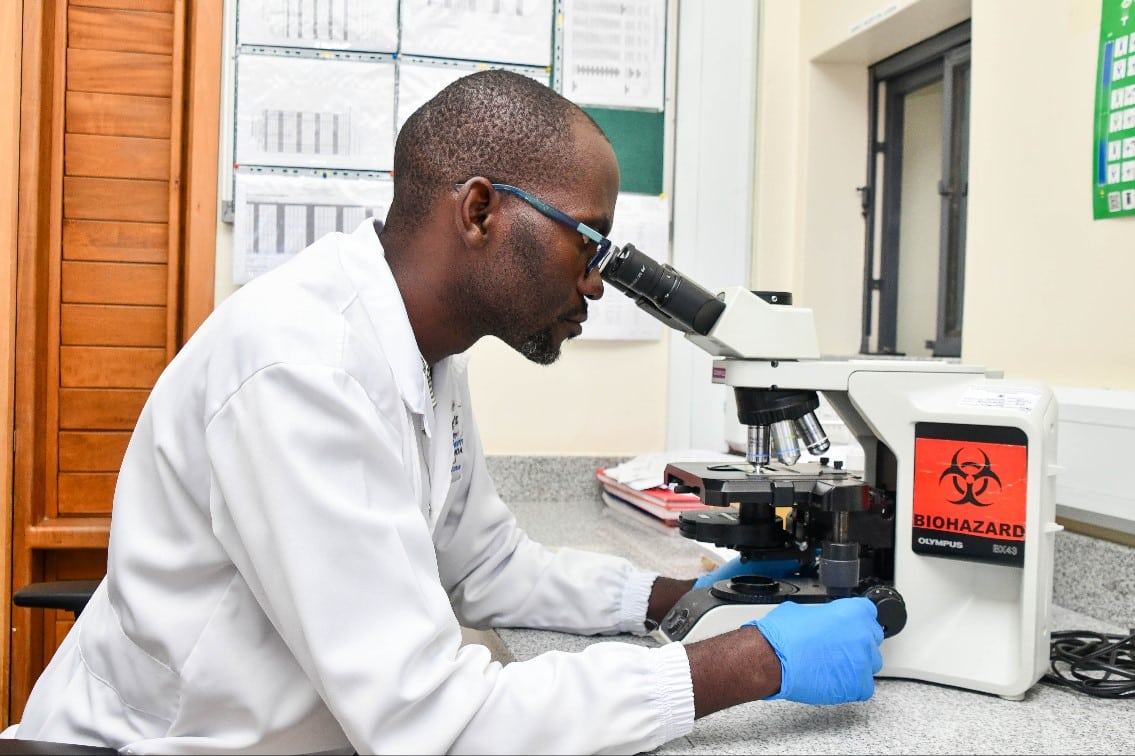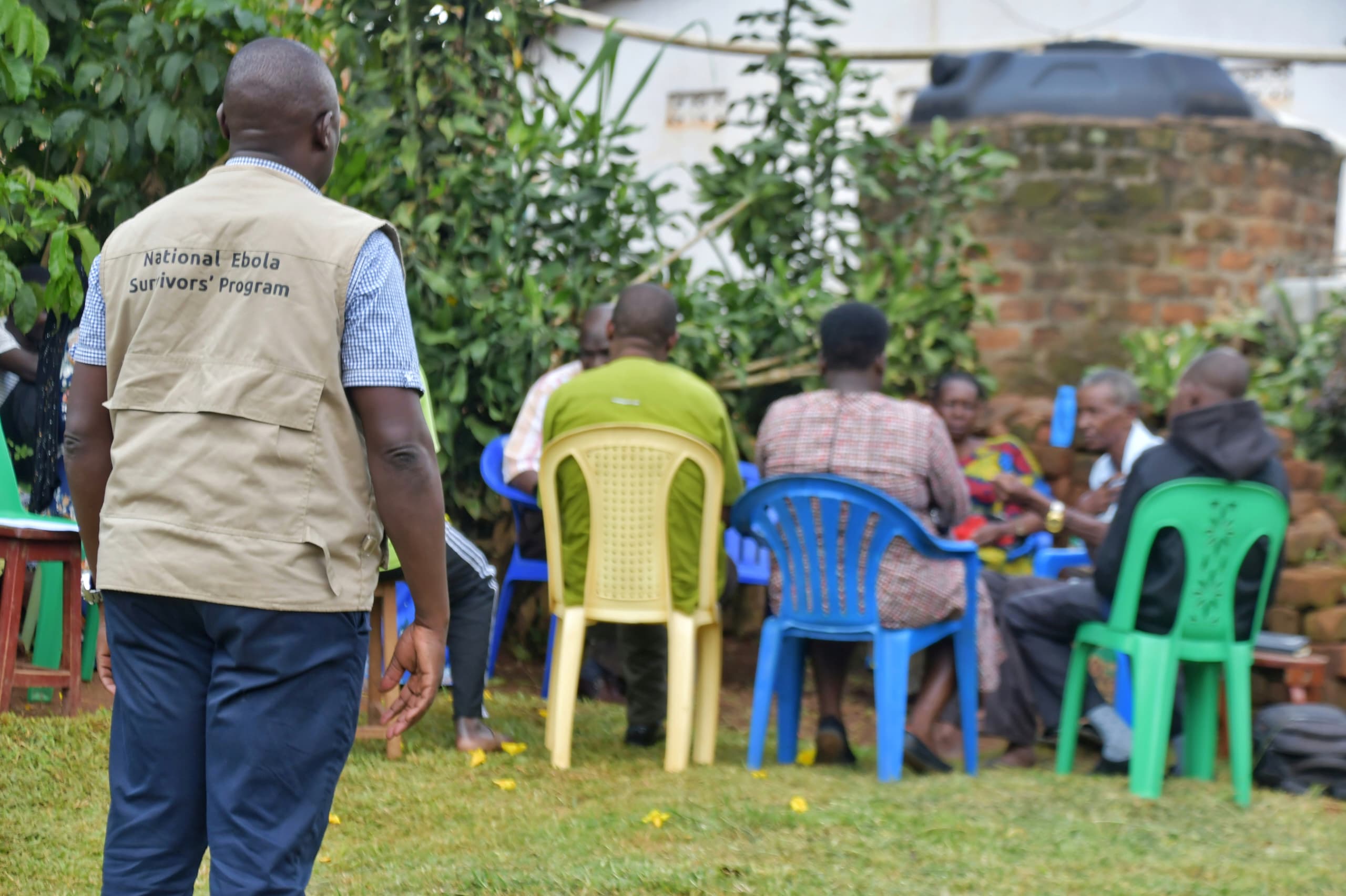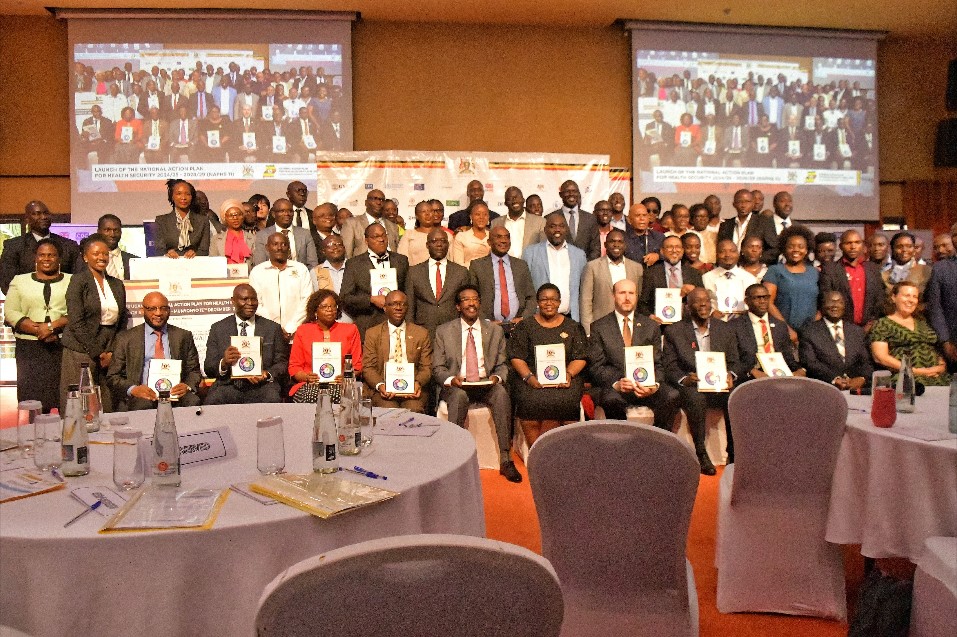The Laboratory Leadership Program (LLP) is a two-year part-time, competency-based training initiative designed to strengthen Uganda’s laboratory systems by developing a new generation of laboratory leaders.
Implemented by the Uganda National Institute of Public Health (UNIPH) at the Ministry of Health (MOH) and funded by the U.S. Centers for Disease Control and Prevention (CDC), the program equips health laboratory professionals with advanced leadership, management, and technical skills required to drive Uganda’s public health agenda forward.
Why does the Program Matter?
Uganda’s laboratory systems are at the core of outbreak detection, disease surveillance, and emergency response. Yet, significant challenges persist:
-
Most laboratory professionals lack specialized training in leadership and management.
-
Career paths for laboratory professionals remain uncertain and undefined.
-
Laboratory directors have limited involvement in national-level health planning and budgeting.
-
Laboratory science education often overlooks critical leadership, communication, and strategic planning skills.
The LLP addresses these gaps by developing a skilled and motivated cadre of laboratory leaders who are empowered to build, lead, and sustain effective laboratory systems across human, animal, and environmental health sectors.
What are the Program Objectives
-
Strengthen technical capacity in laboratory-based outbreak detection and containment.
-
Establish a national cohort of competent laboratory leaders across One Health domains.
-
Improve the quality of laboratory and field data to guide disease control, policy, and planning.
What Core Competencies are Covered?
Participants gain in-depth, hands-on training in:
-
Laboratory systems and infrastructure
-
Laboratory-based surveillance and outbreak investigation
-
Emergency preparedness, response, and recovery
-
Biosafety and biosecurity
-
Laboratory leadership and team management
-
Policy development and strategic planning
-
Risk communication and advocacy
-
Laboratory Quality Management Systems (LQMS)
-
Applied research
Program Format:
-
Didactic Sessions
-
Field Assignments
-
Applied Projects
-
Mentorship and Peer Learning
What Will Graduates Achieve?
Upon completion, LLP graduates will be able to:
-
Lead and manage Uganda’s public health laboratory systems
-
Provide essential technical and advisory support across human and animal health domains
-
Monitor and evaluate national laboratory capacity for outbreak investigation
-
Enhance integration of lab services with epidemiology and disease surveillance programs
-
Inform national health policies with credible lab and field evidence
Who Should Apply?
The LLP targets ambitious and committed laboratory professionals who meet the following criteria:
-
Registered with a recognized health laboratory regulatory body
-
Hold a Master’s degree in a biomedical laboratory-related field
-
Currently serve in a top or mid-level managerial role
-
Demonstrated interest in public health and laboratory leadership
-
Have a clearly defined career pathway within the public health sector
What is the Program Growth Plan
The program aims to build national capacity steadily:
-
6 laboratory leaders every 2 years
-
12 in 4 years
-
24 in 8 years
-
36 in 12 years
Each cohort will directly contribute to Uganda’s readiness to respond to emerging and re-emerging disease threats across sectors.
What Makes LLP Unique?
-
All learning is competency-based and tied to real-world projects
-
Focus on One Health: addresses human, animal, and environmental health challenges
-
Blends technical training with leadership development
-
Builds a sustainable, national network of laboratory experts and mentors
Ready to Lead Uganda’s Health Future?
Apply now or contact us to learn more about how the Laboratory Leadership Program can elevate your career and transform national public health capacity.
Publications
